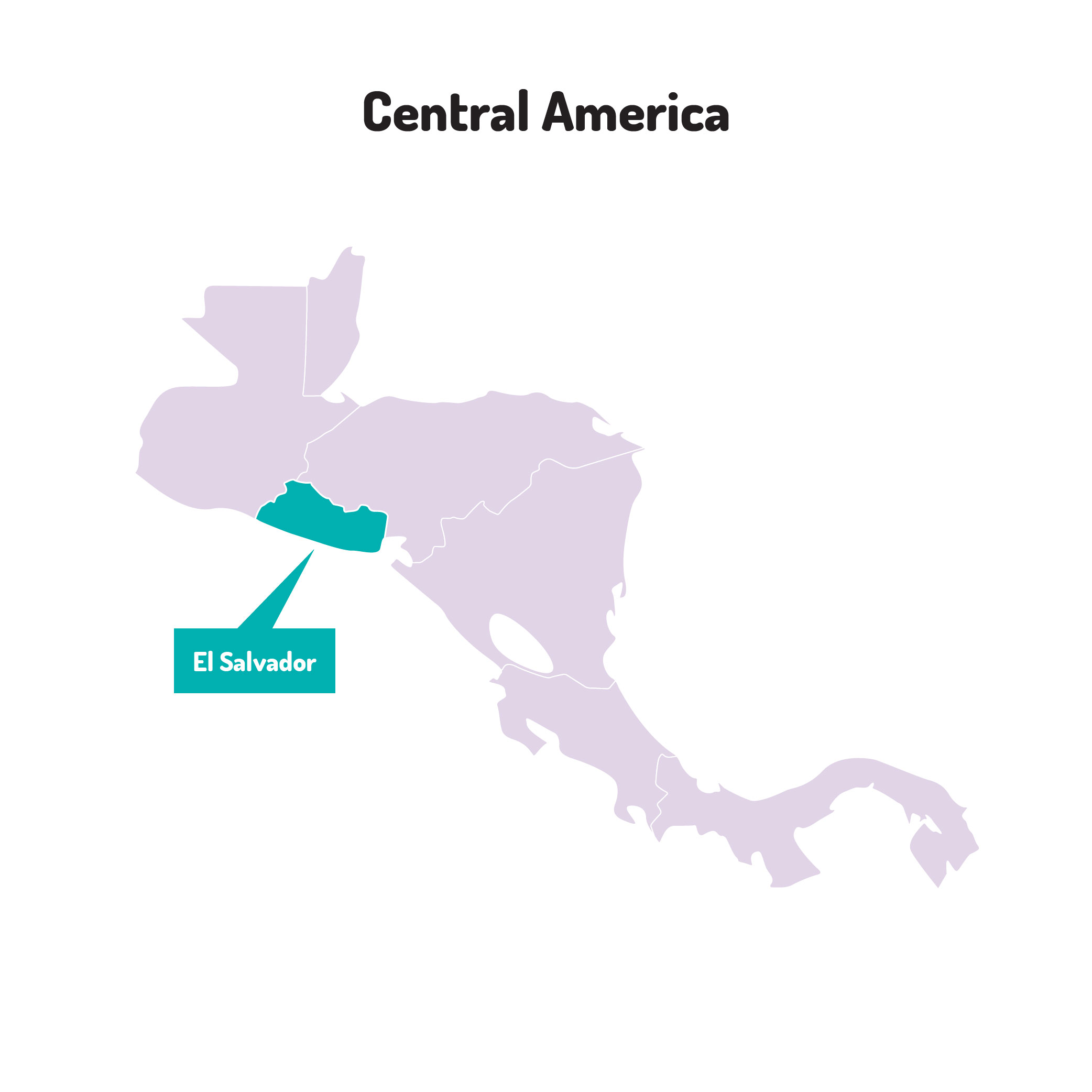BHI has had a presence in El Salvador for over 20 years.
 Currently, we provide technical support to the Ministry of Health for a country-wide HPV testing program. This program resulted from a partnership between BHI and the MOH to introduce HPV testing to the country.
Currently, we provide technical support to the Ministry of Health for a country-wide HPV testing program. This program resulted from a partnership between BHI and the MOH to introduce HPV testing to the country.
As a result of these efforts, El Salvador was the first country in the region to adopt HPV testing at a national level. Furthermore, BHI is subcontracted by the Cleveland Clinic to participate in 2 clinical trials evaluating treatment for pre-cancer.
El Salvador is a participant in COVID-19 test validation research.

